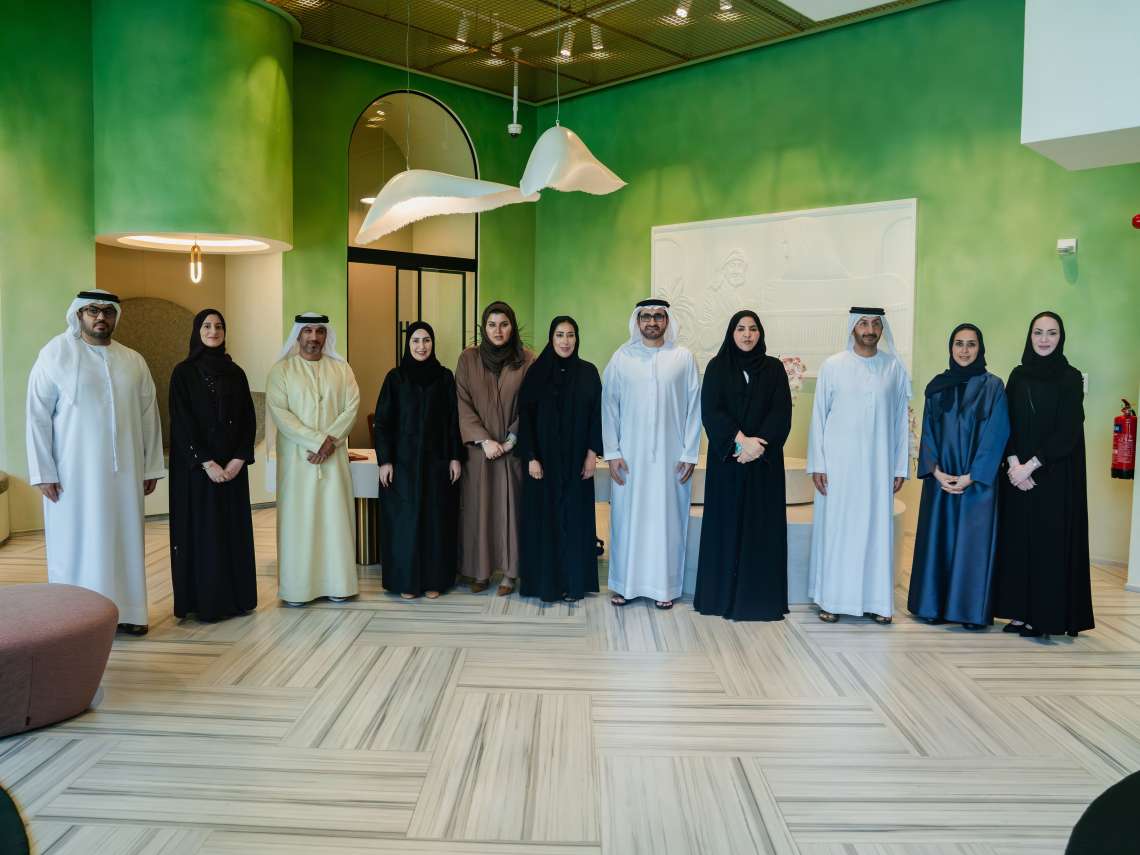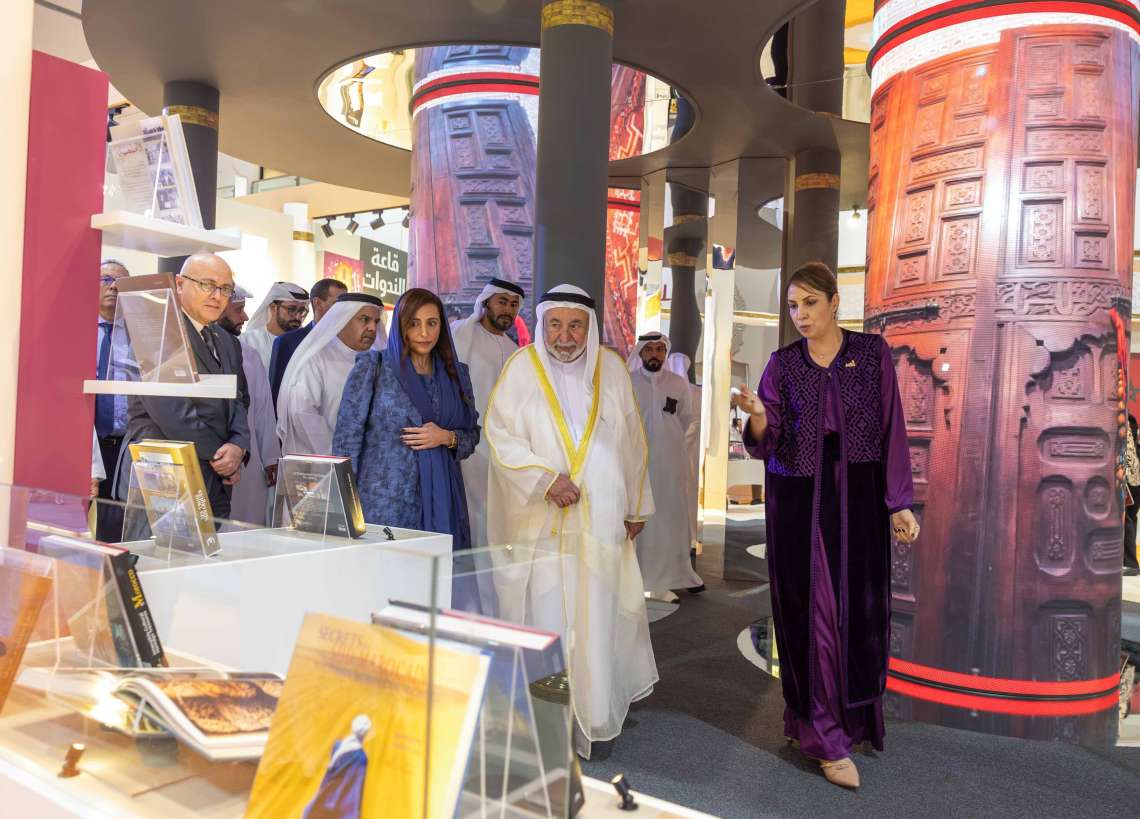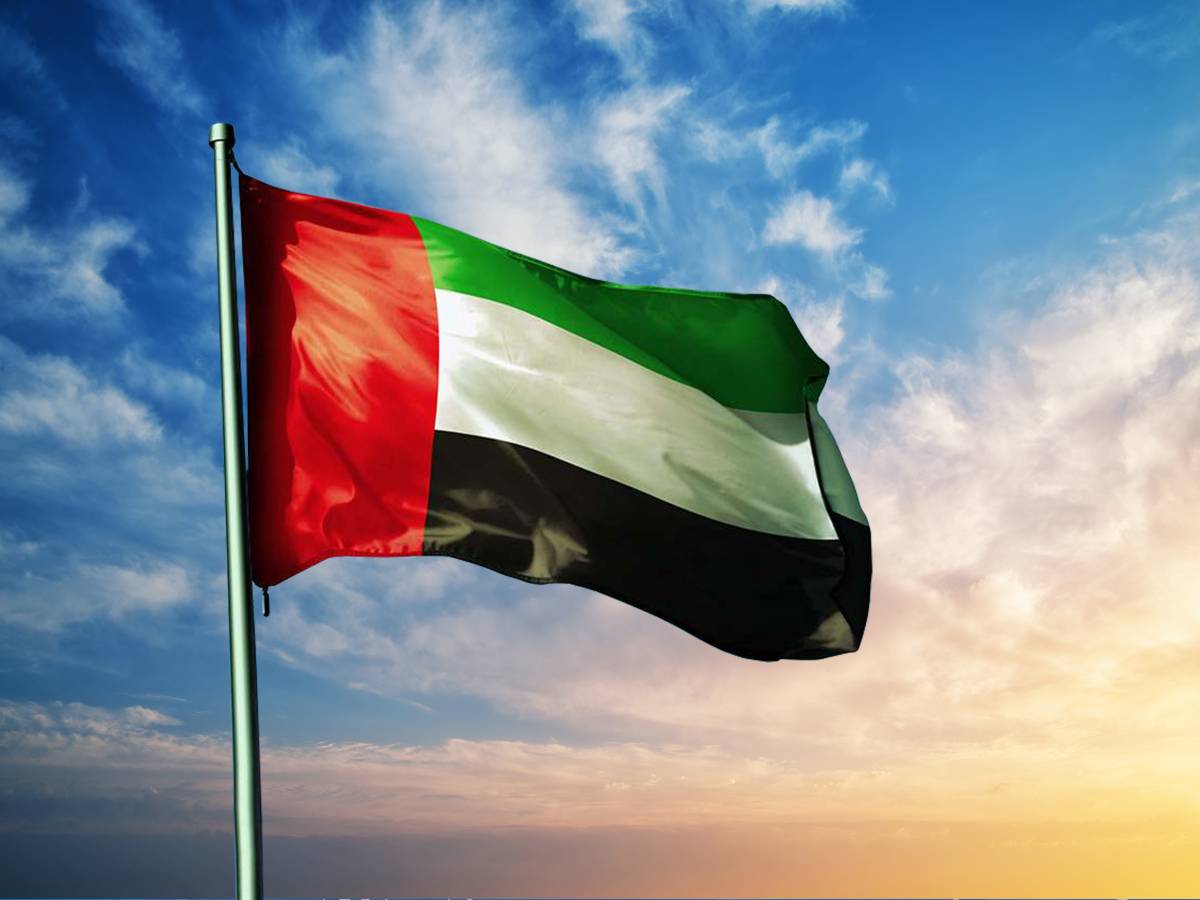The UAE was also named the country most Arab youth want their own to emulate, again for the 12th straight year….reports Asian Lite News
For the 12th consecutive year since they were asked to name the countries they consider ‘model nations’, Arab youth have said the United Arab Emirates is the country they would most like to live in and the one they would most want their own to emulate. The United States and Canada were ranked second and third, respectively, for the third year running.
Significantly, three GCC nations, the UAE, Saudi Arabia and Qatar, appear in Arab youth’s top-five list of model nations for the first time in nine years. Young Arab men and women now say they would rather live in Qatar than the United Kingdom, while Saudi Arabia ranks joint-fifth with the UK in their list of countries they most want their own to emulate.
These findings on model nations make up some of the key insights of the landmark 15th annual ASDA’A BCW Arab Youth Survey, unveiled today by ASDA’A BCW, the Middle East & North Africa’s leading communications consultancy, under the theme ‘Living a New Reality’. The annual survey is the largest study of its kind of the Arab world’s largest demographic, its over 200 million youth.
ASDA’A BCW commissioned SixthFactor Consulting, a leading research company, to conduct face-to-face interviews with 3,600 Arab citizens aged 18 to 24 in their home nations from March 27 to April 12, 2023. The largest sample in the survey’s history was equally divided between men and women in 53 cities across a total of 18 Arab states, including for the first time South Sudan. The interviews were deliberately conducted face to face rather than online to maximise their accuracy and to reflect the nuances of Arab youth opinion across the region as much as possible.
Nearly one in four Arab youth (24%) named the UAE as the country they would most like to live in, followed by the US (19%), Canada (19%), Qatar (14%) and the United Kingdom (13%). Qatar appears among the top-five model nations for the first time in eight years, reflecting the feel-good factor around the FIFA World Cup 2022.
The UAE was also named the country most Arab youth want their own to emulate, again for the 12th straight year. The UAE was identified by 22% of young Arab men and women overall, ahead of the US (19%), Canada (16%), Qatar (15%) and Saudi Arabia and the UK in joint fifth place (11%). This is the first time Saudi Arabia has been chosen as a country to emulate since 2017.
As in previous surveys, a variety of factors account for the UAE’s favoured-nation status. According to Arab youth in the 18 states surveyed this year, its top-five attributes are its safety and security (41%), growing economy (28%), effective and ‘visionary’ leadership (24%), clean environment (22%), and ease of starting a business (20%).
The UAE was also widely praised as a good place to raise a family (19%), for its plentiful job opportunities (17%), the quality of its schools (16%), its strong cultural identity and heritage (16%), and generous salaries (13%). The ease of obtaining a UAE residency visa was another plus point for 12% respondents.
Sunil John, President, MENA, BCW and Founder of ASDA’A BCW, said, “The UAE continues to be a lodestar for Arab youth seeking jobs, opportunity and the freedom to realise their full potential. The uncertainty elsewhere in the global economy only serves to underline the nation’s winning attributes and the sound vision of its leadership.”
“Today, GCC economies are increasingly investing in world-class infrastructure as they become dynamic hubs for trade, finance, tourism, education and healthcare,” added John. “Young Arabs see these countries as model nations because they appreciate the opportunities for jobs and prosperity being created and the potential to realise a better, more fulfilling life for themselves.”
“The rise of Qatar to be amongst the top-five nations to live in and to emulate is particularly noteworthy,” said John. “This reflects the hugely positive impact of the FIFA World Cup 2022 last November and December; without question, the tournament had a galvanising effect on both the regional economy and Arab pride.”














